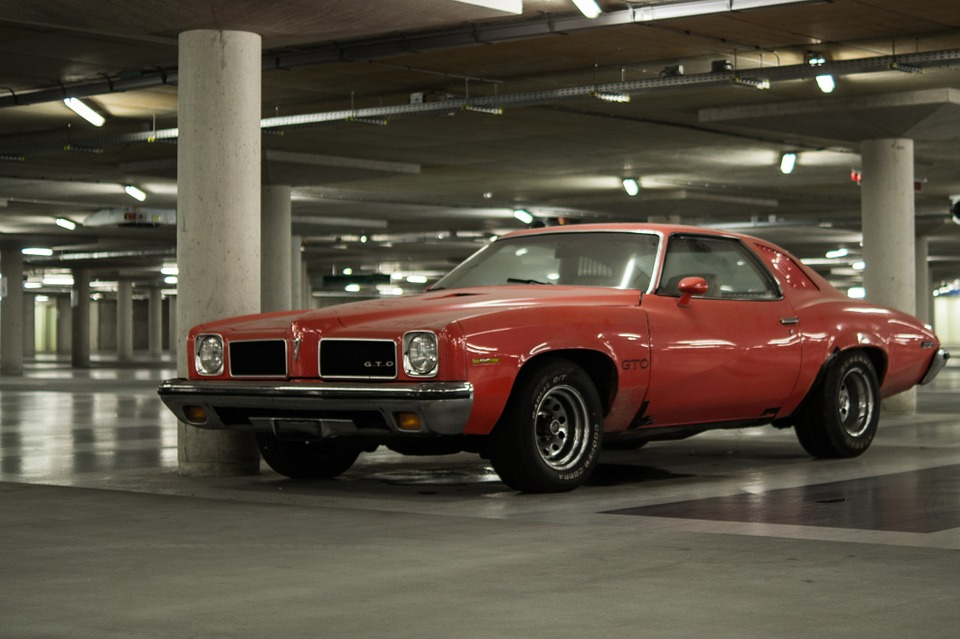 06 Oct
06 Oct Where to Store Your Classic Car
- Posted by Car Guy
- 0 Comment(s)
Fall is just around the corner, and bad weather is sure to follow suit. For many, this just means less time outside and more layers; but for owners of classic cars, it means finding a way to protect your investment from the elements. Many classic car insurance policies even include a certain kind of storage as a prerequisite for coverage, making finding the optimal storage even more pressing.
Luckily, you have multiple classic car storage options that will help keep your classic car road-ready all season long.
Classic Car Storage Options
Classic car storage options include residential garages, private buildings, and rentable car storage units.
Residential Garages
Most insurance companies allow classic cars to be stored in residential garages, so for those who already have a residential garage on their property, this may be the easiest and most affordable option. A residential garage will protect your car from adverse weather, keep it secure, and give you the ability to easily check on it and access it whenever you want. Garages in recently constructed or updated homes may even have climate control, giving you a comfortable space to work on your car and a way to protect it from humidity, heat, and cold, which can impact the car’s upholstery, paint, engine, tires, and more. This will help keep your vehicle looking and running great for longer.
The only downside of storing your classic car in your garage is that it will mean less space for storing your everyday car and the many other miscellaneous items that tend to end up there.
Private Buildings
Private buildings are another acceptable form of storage for most classic car insurance policies, and can take several forms. Jerry Seinfeld, for example, bought and renovated a $1.5 million three-story building in Manhattan to house his collection.
Of course, if you’re not storing over 100 classic cars, such a building would be a bit over the top. Smaller-scale alternatives include single-car buildings constructed on your property, including easily constructed high-strength fabric structures. Barns are another option, but they can be less secure and offer little insulation, meaning that temperatures and humidity can vary. Carports generally aren’t recommended, as they offer even less protection than barns.
Car Storage Units
If storing your classic car on your own property is out of the question, renting a car storage unit is the way to go. Self-storage units allow you to do everything yourself: Simply drive in, park, and close and lock the garage door behind you. In addition to protecting your car from all of the damaging elements, rentable car storage units also tend to be safe from rodent infestations, which can cause a lot of damage to vehicles.
Before You Store Your Classic Car
Now that you know your options, there’s just one thing to keep in mind before storing your classic car: maintenance. Don’t store your car without first making sure that everything is in good shape. Get it checked by a mechanic and repair anything that’s out of order, check your tire pressure, and detail everything. Wipe down all the interior surfaces and treat them with vinyl protectant or leather conditioner, vacuum the floor of the car, and, finally, wash and wax it. Before leaving it safely parked in the storage option of your choice, take out the battery to avoid draining it.
For more tips on keeping your classic car safe this winter, check out our winter car maintenance best practices.
